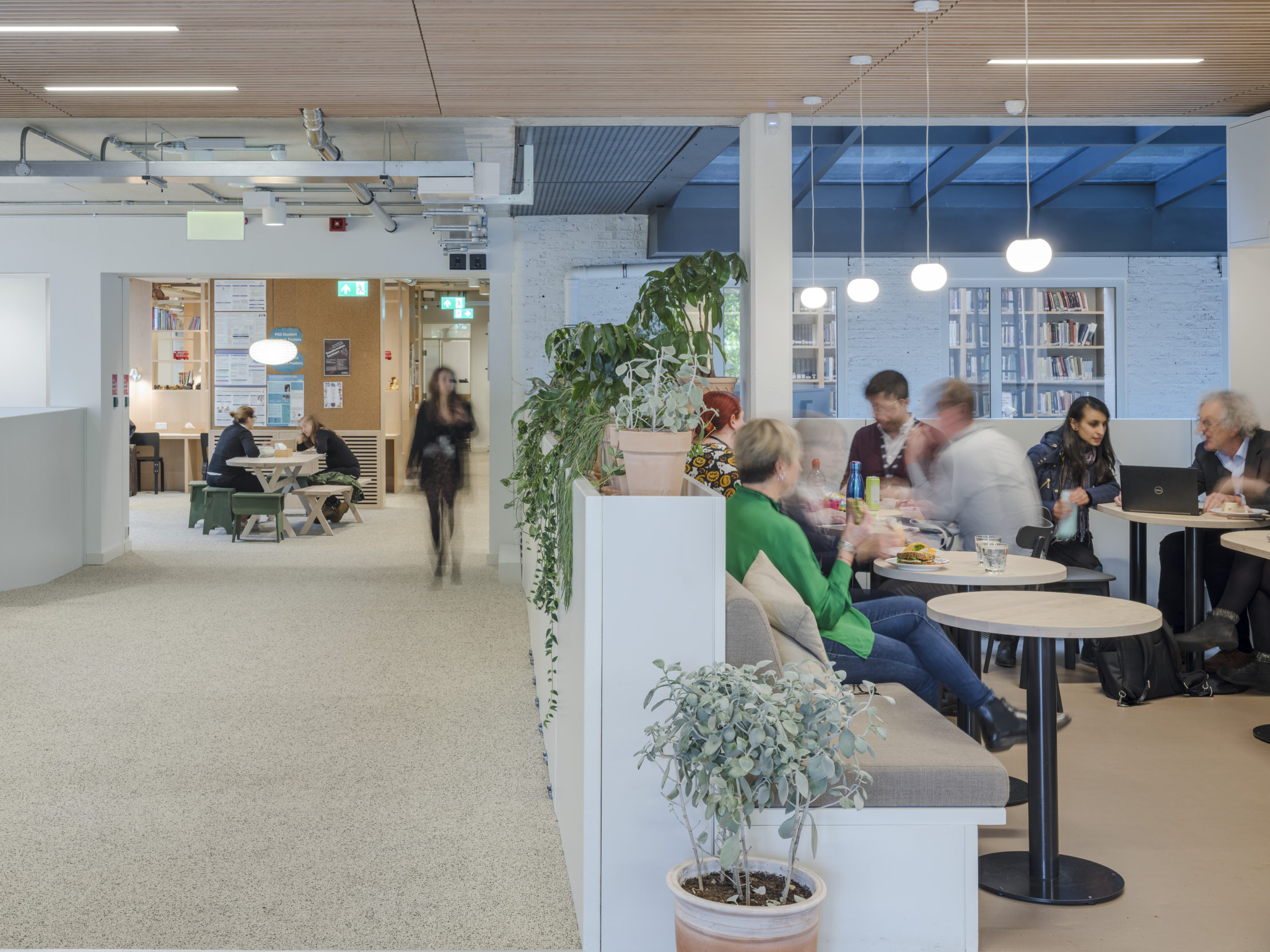The standout winner at this year’s Building Better Healthcare Awards was The Kantor Centre of Excellence, which picked up both the Best Healthcare Development Award (UK) and the much-coveted Grand Prix Design Award.
Designed by Penoyre and Prasad Architects, the 3,200sq m part new build, part refurbishment project is located on a restricted site near London’s Kings Cross.
It will be the first centre of excellence for children and young people with mental health conditions in England and represents an exciting new era for the Anna Freud Centre charity, bringing together the best in research, policy, and practice under one roof.
At the heart of the centre, the Pears Family School provides support for children aged 5-14 who have been excluded from mainstream school with serious and behavioural issues.
The challenge for the designers was to bring together these diverse uses within a shared environment on a site heavily constrained by its existing footprint, overlooking, rights-of-light issues, and planning authority resistance; and to do so while delivering an environment that was both calm and welcoming.
A spokesman for the architects said: "When we first looked at accommodating this level of activity on this site we were wary, but a couple of key moves; scraping back the inclined ground level to liberate the chocolate factory’s existing basement; fully excavating the entirety of the site to form a basement around that same building; and working with stakeholders to identify which uses could be co-located or timetabled and how working culture would need to change; allowed us to wholly deliver the brief upon the Rodney Street site."
The team worked closely with renowned designer, Ilse Crawford, to develop a seamless and common language flowing from architecture through interiors and focusing on the functional and psychological needs of building users to drive design solutions and a visual sensibility.
A diagonal motif unites curtainwall and precast cladding, lending the concrete an almost-knitted aesthetic.
As that wraps around to glazing, it balances the needs of privacy against transparent views out to the parkland beyond.
Sustainable features include a heat recovery system, passive cooling, LED lighting, sustainable drainage systems, and a number of biodiversity measures, including planting of nectar-rich flowers and nesting boxes.
The architect said: "Within strict overall height limits, Webb Yates Engineers devised with us an innovative composite structural solution absolutely minimising floor build-ups and hence overall building height, allowing an additional storey to be built.

This is the first centre of excellence for children and young people with mental health conditions
"Not only this, but the exposed engineered timber frame and coffers underpin the humane interiors we were keen to create. Four impressively-deep timber beams traverse the entire frontage of the scheme and are visible from within the fully-glazed façade."
Describing the design as ‘a clever solution’, the judging panel said: “Working within a challenging urban site, and a complex brief, the architects delivered a homely, light-filled environment that supports children dealing with mental health problems and who are excluded from the school system.”
The building was constructed by Willmott Dixon, with M&E services by Clearsprings Energy Solutions.
Categories for the 2020 awards will be announced shortly. Sign up to the newsletter for further details (click here).

